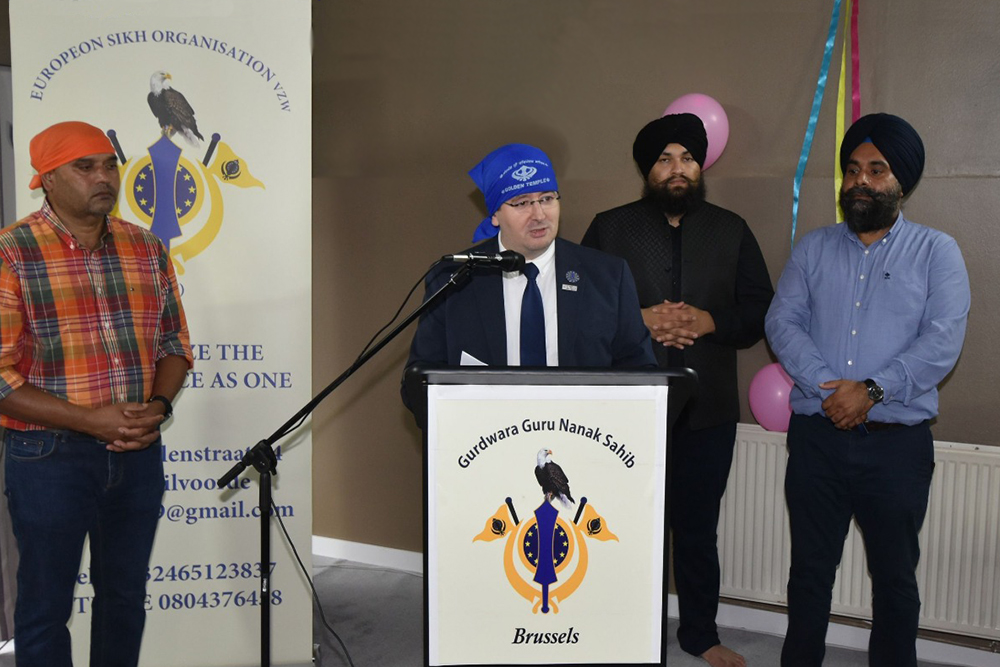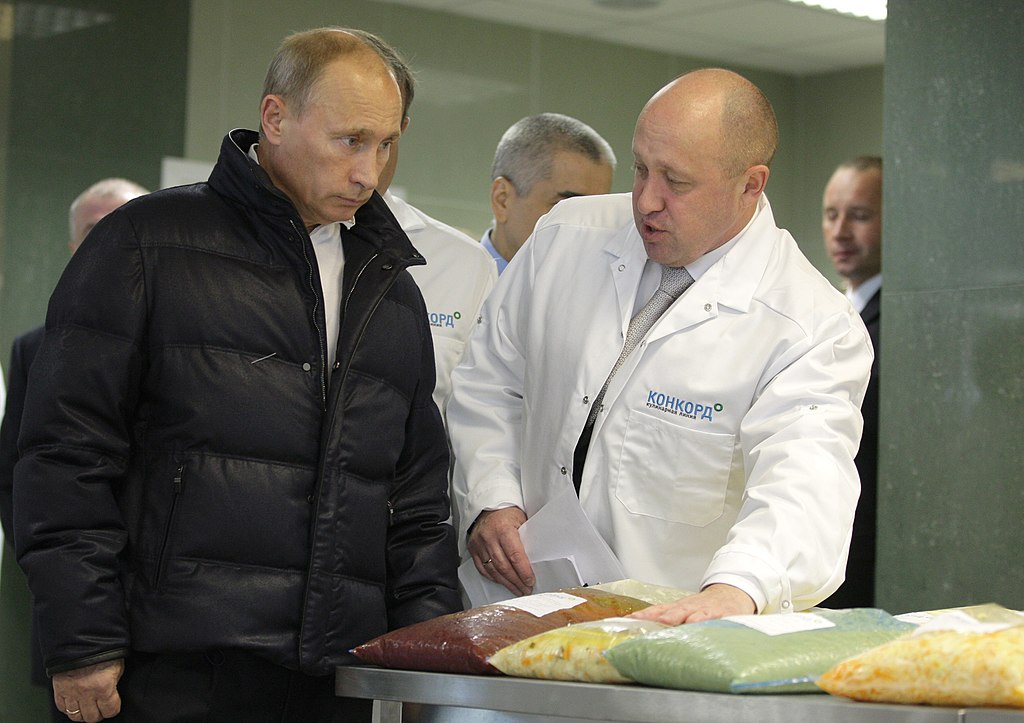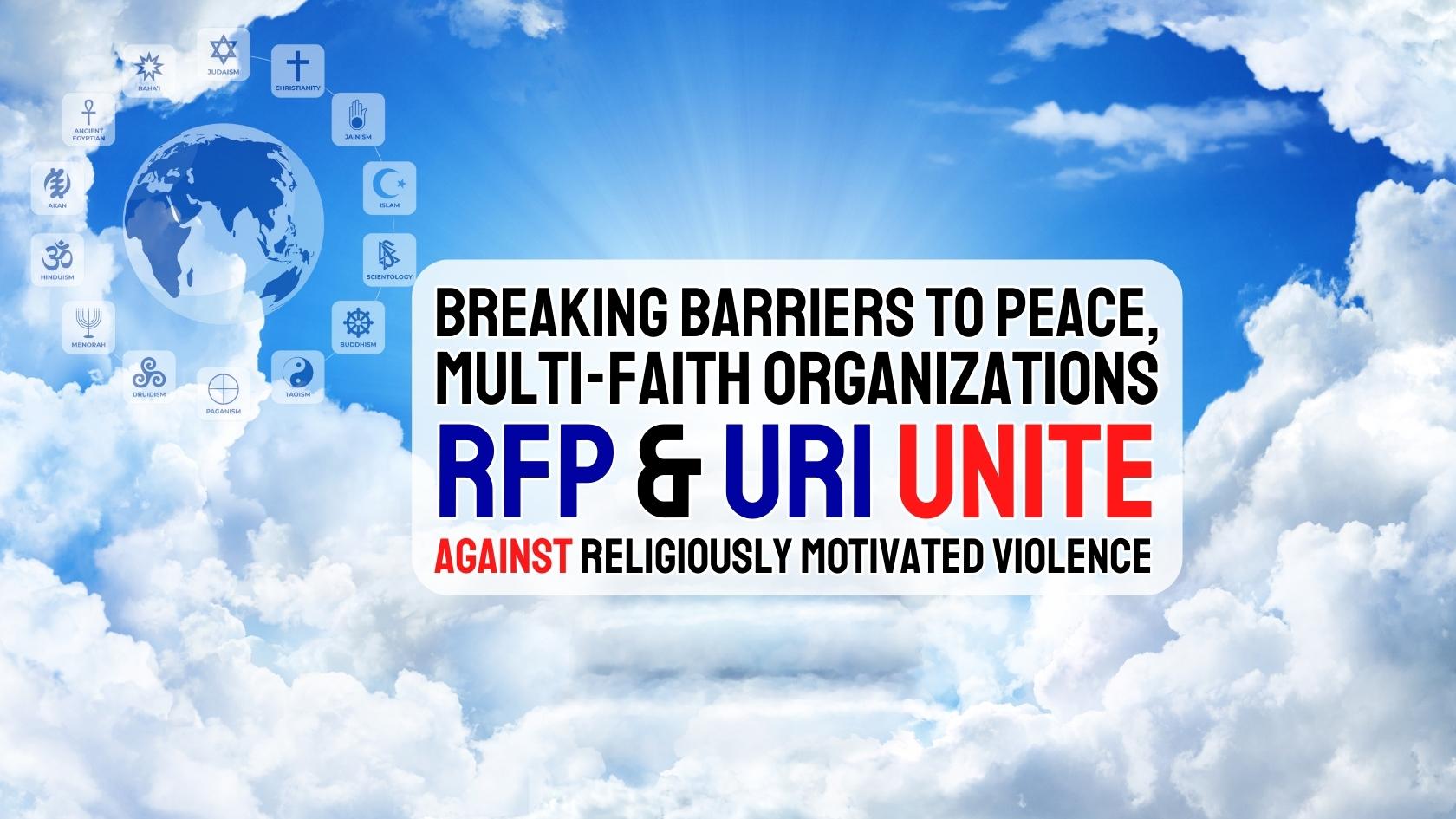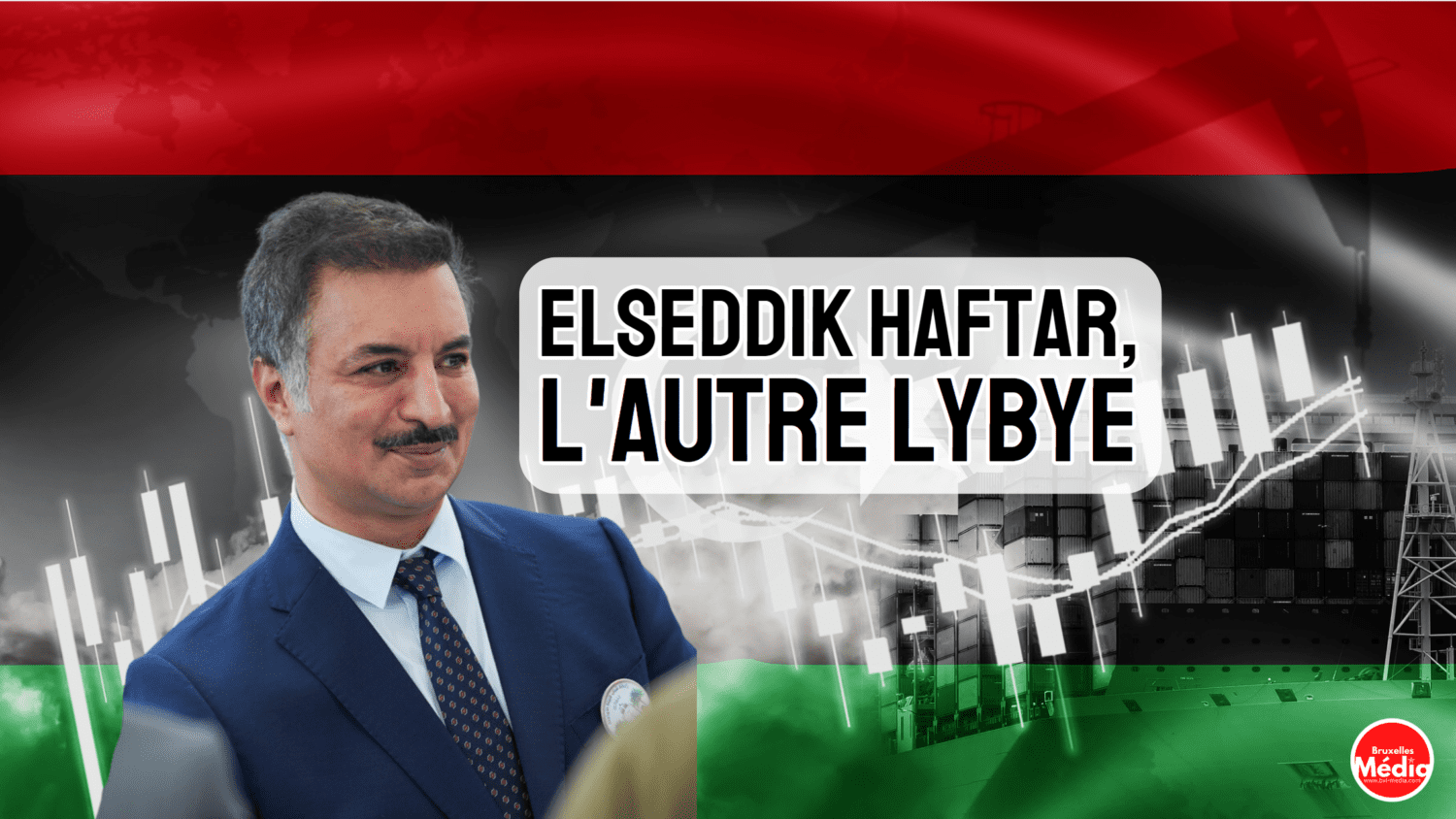Twenty-six members of communities affected by TotalEnergies’ mega-oil projects in East Africa have filed a fresh lawsuit in France against the French oil multinational company demanding reparations for human rights violations.
The communities have jointly sued the oil giant along with human rights defender Maxwell Atuhura, and five French and Ugandan civil society organizations (CSOs).
In the suit, the communities are demanding reparations for human rights violations associated with Tilenga and EACOP oil drilling projects.
While an initial lawsuit filed in 2019 sought to prevent such violations, the company has since been accused of failure to comply with its Duty of Vigilance, causing serious harm to plaintiffs, particularly concerning their land and food rights.
The plaintiffs have consequently asked the court to order the company to compensate members of the affected communities.
The CSOs, AFIEGO, Friends of the Earth France, NAPE/Friends of the Earth Uganda, Survie and TASHA Research Institute, as well as Atuhura, are demanding compensation from TotalEnergies on the basis of the second legal mechanism of the French law on Duty of Vigilance.
France’s Corporate Duty of Vigilance law (Loi de Vigilance) requires large corporations in the country to effectively manage their human rights and environmental risks, both within the company itself, but also within subsidiaries, subcontractors and suppliers.
In 2017, France was the first country in the world to adopt a law making it mandatory for large companies to carry out human rights and environmental due diligence (HREDD) and publish a Vigilance Plan annually.
The law, known as The French Corporate Duty of Vigilance Law, or The French Loi de Vigilance, was adopted to ensure companies take the necessary measures required to identify and prevent human rights and environmental violations in their supply chains.
The legislation requires companies to comply if they are established in France. At the end of two consecutive financial years, companies are required by law to employ at least 5000 workers in the firm and its France-based subsidiaries.
They are alternatively required to have at least 10000 employees in the company payroll and its subsidiaries in France and other countries.
Dickens Kamugisha, CEO of AFIEGO, says injustices committed against Tilenga and EACOP-affected communities nearly on a weekly basis include under-compensation, delayed compensation to the construction of small, inappropriate replacement houses that were not suitable for family sizes of affected households.
Other violations include young people being forced to live a few metres from EACOP. “The injustices are too many and have caused real grief. We hope that the Paris civil court will
reign in TotalEnergies and provide justice for the people,” says Kamugisha.
In the latest lawsuit, filed at the Paris Civil Court, the communities have asked the court to hold TotalEnergies civilly liable and pay compensation for human rights violations committed against communities affected by Tilenga and other EACOP-affected communities within Ugandan territory in the past 6 years.
The summons clearly demonstrate a causal link between the failure to elaborate and effectively implement TotalEnergies’ Vigilance Plan, “and the damage suffered as a result.”
The communities accuse TotalEnergies of failure to identify risks of serious harm associated with its mega-project and act when alerted to their existence, nor did it implement corrective measures once the human rights violations had occurred. No measures relating to displacements of populations, restricted access to livelihoods or threats to human rights defenders appear in TotalEnergies’ 2018-2023 vigilance plans.
Maxwell Atuhura, director of TASHA says: “We have had interaction with the affected people and environmental human rights defenders intimidated and harassed in their home regions, including myself, due to Total’s oil projects in Uganda. Now we say enough is enough we need to defend absolutely the freedom of speech and opinion. Our voices matter for a better future.”
Yet the risks could have easily been identified in advance, as the company chose to locate the projects involving massive evictions in countries where civil liberties are often violated.
Frank Muramuzi, NAPE Executive Director says: “It’s a shame that foreign oil corporates continue to make supernormal profits while Ugandan oil host communities reap harassment, displacements, poor compensations and abject poverty on their own land.”
And contrary to TotalEnergies’ claims that its multi-billion oil projects were a major contributor to the development of local communities, it has become a threat to the future of poor families.
Pauline Tétillon, co-president of Survie, says: The company has only threatened the future of tens of thousands of people in a country where any protest is stifled or even repressed. Although the Duty of Vigilance Law forces communities to fight a David vs. Goliath battle by making them bear the burden of proof, it does offer them the opportunity to seek justice in France and finally have Total condemned for its repeated human rights violations.”
The law’s ambition is to prevent corporate abuses by obligating companies to set out effective measures of vigilance by establishing, implementing and publishing a Vigilance Plan in line with the UN’s human rights due diligence procedure.
The Vigilance Plan should explain what measures the company has implemented to identify and prevent human rights and environmental violations associated with a company’s activities. The activities include the company’s own activities of the company’s subsidiaries and suppliers and subcontractors’ activities which are directly and indirectly linked to the company through their commercial relationship/agreement.
The Vigilance Plan includes risk mapping, identification, analysis and ranking of potential risks as well as steps implemented to address, mitigate and prevent risks and violations.
The company is required to outline procedures implemented for periodically assessing the company’s subsidiaries, subcontractors and supplier’s compliance and a method for identifying existing or potential risks in cooperation with relevant trade unions.
Should a company covered by the law fail to comply by, for example, failing to implement and publish their Vigilance Plan, any concerned party, including victims of corporate abuses, may file a complaint with the relevant jurisdiction.
A company that fails to publish plans can be fined up to 10 million EUR which may rise to 30 Million EUR if failure to act results in damages that would otherwise have been prevented.
The scale of violations associated with Tilenga and EACOP projects has been widely documented by different actors, including civil society groups and UN Special Rapporteurs.
People affected by Tilenga and EACOP projects were deprived of free use of their land even before they had received compensation, for between three to even four years, in violation of their property rights.
Juliette Renaud, Senior campaigner for Friends of the Earth France claims TotaEnergies Tilenga and EACOP projects “have become emblematic, worldwide, of ravages of oil on human rights and the environment.
The affected communities must obtain justice for the violations committed by Total! This new battle is the battle of those whose lives and rights have been trampled upon by Total.”
“We salute members of affected communities for their courage in standing up to this powerful transnational corporation despite the threats they face, and call on the French justice system to repair this damage and thus put an end to Total’s impunity.”
Communities had also suffered severe food shortages because members had been deprived of their livelihoods, resulting in a violation of the right to adequate food.
Farmlands in some villages have been heavily affected by heavy flooding caused by the construction of the Tilenga Central Processing Facility (CPF) while only a minority of people benefited from compensation in kind, including land to land » i.e. replacement house and land, while for others, financial compensation was largely insufficient.
Scores of villagers say they have been threatened, harassed or arrested for criticising the oil projects in Uganda and Tanzania and defending the rights of the affected communities.
Friends of the Earth France and Survie have just released a new report concerning TotalEnergie’s EACOP project. “EACOP, a disaster in the making” is the result of a ground-breaking field investigation into Total’s giant oil pipeline project in Tanzania.
Fresh testimonies from families show human rights violations by the French oil giant in Uganda. “From the shores of Lake Victoria to the Indian Ocean, in all the regions affected by the pipeline, affected communities are expressing their feelings of powerlessness and injustice in the face of practices of the oil developers, who are flouting their most fundamental rights,” says Kamugisha.
Ever since France implemented their HREDD law, governments adopting human rights and environmental due diligence legislation have skyrocketed, especially on the European continent.
The European Commission announced in 2021 that they would adopt their own directive on mandatory supply chain due diligence for all companies operating within the EU which is likely to be enforced in 2024.














